The banana wars are over
Europe and Latin America look set to declare a truce in their 16-year-old trade war over bananas, putting further downward pressure on prices. But who will benefit – and who will suffer? Simon Wilson investigates.
Get the latest financial news, insights and expert analysis from our award-winning MoneyWeek team, to help you understand what really matters when it comes to your finances.
You are now subscribed
Your newsletter sign-up was successful
Want to add more newsletters?

Twice daily
MoneyWeek
Get the latest financial news, insights and expert analysis from our award-winning MoneyWeek team, to help you understand what really matters when it comes to your finances.

Four times a week
Look After My Bills
Sign up to our free money-saving newsletter, filled with the latest news and expert advice to help you find the best tips and deals for managing your bills. Start saving today!
Europe and Latin America look set to declare a truce in their 16-year-old trade war over bananas, putting further downward pressure on prices. Simon Wilson asks: who gains?
What 'banana wars'?
For 16 years, Latin American banana producers, who make up an increasing chunk of the £10bn annual global market, have protested over the preferential treatment the European Union gives to less cost-efficient producers from Africa, the Caribbean and the Pacific. Many of these 'ACP' countries are former colonies of Britain or France protected from EU import tariffs that are imposed on their competitors.
What's the latest news?
The dispute one of the longest-running in world trade looks set to end. Last week the EU's current trade commissioner (and soon-to-be foreign affairs supremo) Catherine Ashton said that she hoped to announce the terms of a settlement soon, after heated negotiations in Geneva. It is thought the EU will agree to cut import tariffs on Latin American bananas from €176 per tonne to €148, and then gradually to €114 over the next seven years. That would almost eliminate the protection given to ACP producers. And according to a recent study by the Geneva-based International Centre for Trade and Sustainable Development, it would result in a surge of cheap Latin American imports and price falls in Europe of around 12%. ACP countries are not happy but are expected to get €190m of "development aid" as a sweetener.
MoneyWeek
Subscribe to MoneyWeek today and get your first six magazine issues absolutely FREE

Sign up to Money Morning
Don't miss the latest investment and personal finances news, market analysis, plus money-saving tips with our free twice-daily newsletter
Don't miss the latest investment and personal finances news, market analysis, plus money-saving tips with our free twice-daily newsletter
Are bananas really such a big deal?
Bananas are the world's favourite fruit, and its fourth most important crop after rice, wheat and maize. Poor-country producers are highly vulnerable to price fluctuations, and employ thousands of people doing difficult work for poverty wages. Indeed, campaign group Banana Link says that prices paid to producers are already one-third lower than they were seven years ago. In turn, that puts pressure on the wages and conditions of already-desperate workers, both in small territories such as the Windward Islands (where 80% of producers have gone out of business since 1992) and the industrial-scale giants of Ecuador, Costa Rica and Brazil.
Will our bananas now be cheaper?
They already are. In the UK, for example, prices have been falling anyway as overall imports have surged from 545,000 tonnes in 1992 to 927,000 tonnes in 2007. And during that period, bananas from traditional Caribbean providers slumped from 70% of the total to just 30%. Cheaper Latin American "dollar" bananas (produced by US-owned conglomerates such as Chiquita and Dole) now make up about half of our imports.
So what's really behind the price cuts?
The supermarkets. Bananas are Britain's most popular fruit we munch 140 million of them each week and the country's single biggest-selling food item. Only petrol and lottery tickets contribute more to a supermarket's top line. That means banana prices are vital if we think bananas are cheap, we will tend to associate that supermarket with low prices in general. That's why the UK's big grocers are so keen on intermittent banana-price wars. The most recent came to a head earlier this month, when Asda, Aldi, Tesco and Morrisons were all charging around 35p a kilo. That's cheaper than bananas have ever been in real terms. Prices have risen since, but are still low by historic standards.
Who wins from this banana bonanza?
No doubt a consumer who lived solely on bananas would be quids in. But as Felicity Lawrence, a Guardian journalist and writer on trade issues, puts it: "If anyone thinks supermarkets are in the business of simply handing cash back to customers, they are being naive." While the supermarket giants such as Asda were busy slashing banana prices this year, they were also happily hiking them on other common items such as tea. As for suppliers, Asda's produce director Alex Brown says that banana price cuts don't affect what it pays suppliers. Even so, it puts huge pressure on suppliers who are committed to pay higher prices to producers under fair-trade guarantees (25% of the UK market). So while consumers may love low prices, farmers and producers in poor countries hardly share their enthusiasm.
Are cheap bananas a good thing?
YES
Bananas are the biggest-selling food item in UK supermarkets, so rock-bottom prices can only be good for consumers.
Low banana prices are good for supermarkets, since they attract customers into the store.
The supermarkets say they are taking the price hit themselves and not lowering the price paid to their suppliers a win-win.
NO
Banana price cuts are not sustainable they are a promotional ruse which creates no lasting value for the store or the consumer.
As giant retailers force matching price cuts from competitors, they do indirectly force down the average price paid to suppliers.
Low prices threaten the livelihoods of already poor farmers and plantation workers in developing countries.
Get the latest financial news, insights and expert analysis from our award-winning MoneyWeek team, to help you understand what really matters when it comes to your finances.
-
 How a ‘great view’ from your home can boost its value by 35%
How a ‘great view’ from your home can boost its value by 35%A house that comes with a picturesque backdrop could add tens of thousands of pounds to its asking price – but how does each region compare?
-
 What is a care fees annuity and how much does it cost?
What is a care fees annuity and how much does it cost?How we will be cared for in our later years – and how much we are willing to pay for it – are conversations best had as early as possible. One option to cover the cost is a care fees annuity. We look at the pros and cons.
-
 No peace dividend in Trump's Ukraine plan
No peace dividend in Trump's Ukraine planOpinion An end to fighting in Ukraine will hurt defence shares in the short term, but the boom is likely to continue given US isolationism, says Matthew Lynn
-
 Europe’s new single stock market is no panacea
Europe’s new single stock market is no panaceaOpinion It is hard to see how a single European stock exchange will fix anything. Friedrich Merz is trying his hand at a failed strategy, says Matthew Lynn
-
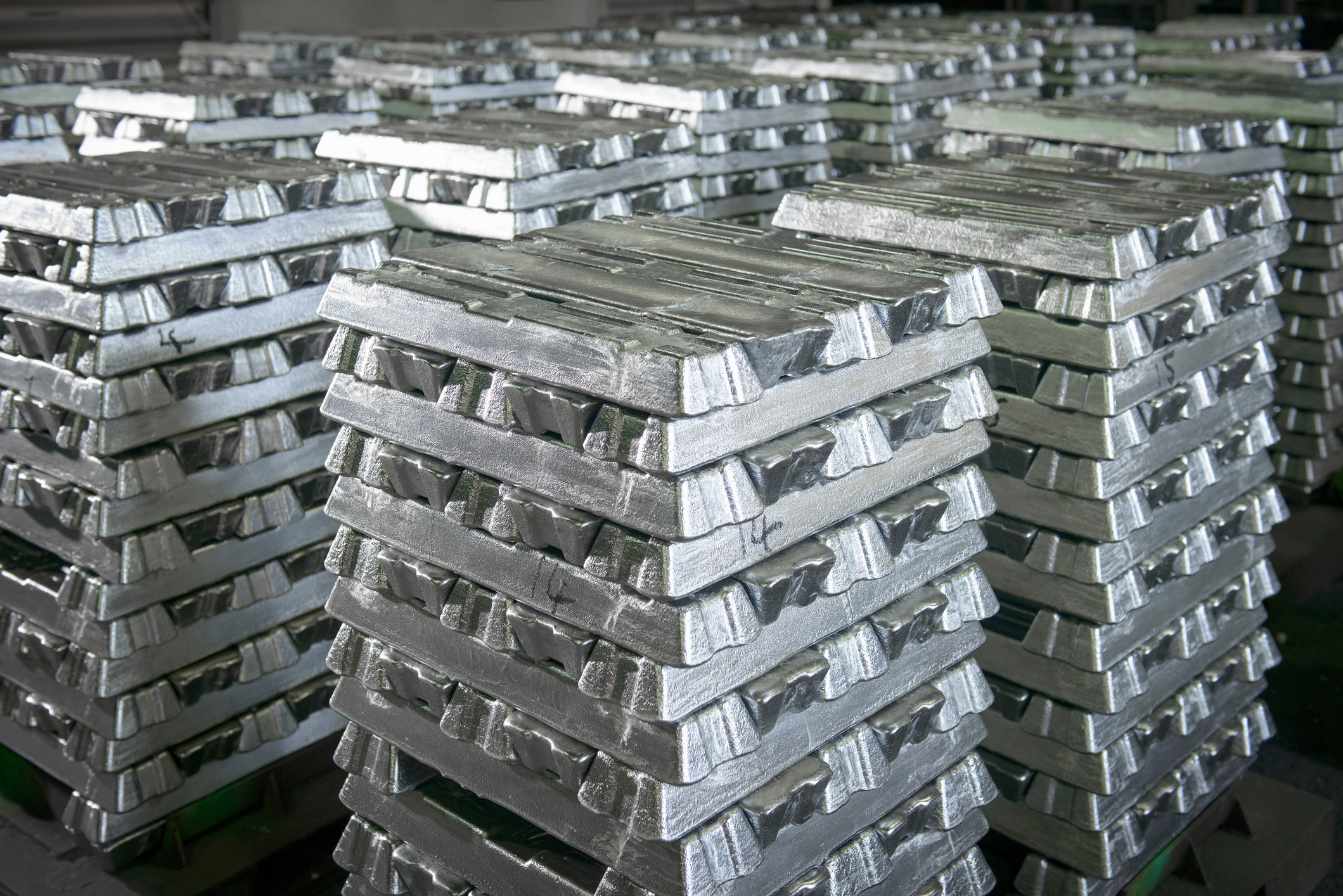 Metals in meltdown: investors should buy now
Metals in meltdown: investors should buy nowAluminium, zinc and nickel have struggled over the past few months, says David J. Stevenson. But the best time to scoop up shares in the companies that mine them is when they are out of favour.
-
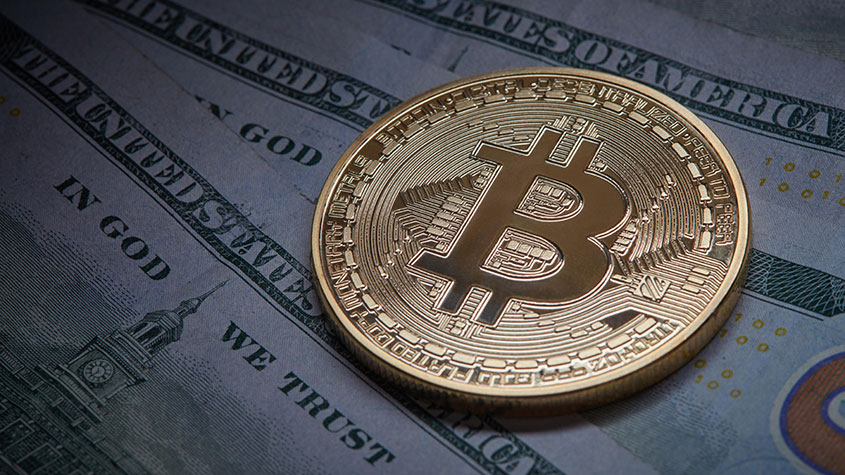 Gold or bitcoin: what will replace the US dollar?
Gold or bitcoin: what will replace the US dollar?Analysis As Russia and the West move further apart, there’s a growing need for a new global reserve currency. The US dollar could soon be replaced by gold or bitcoin, argues Dominic Frisby.
-
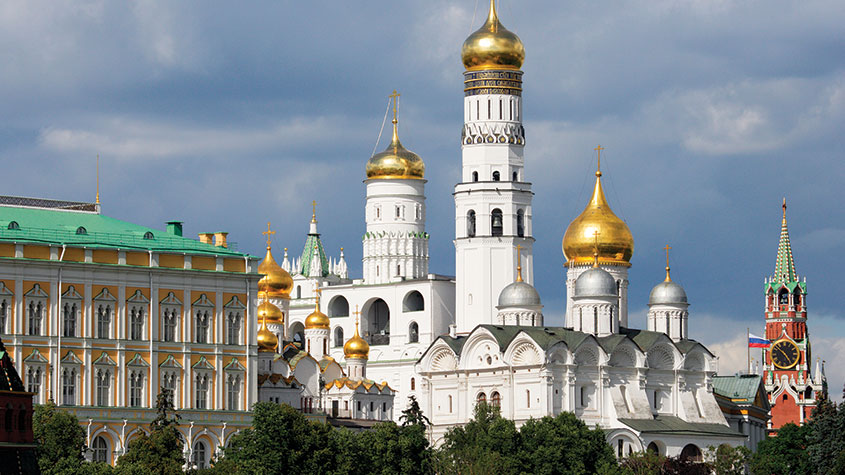 The fallout from Europe’s energy crisis
The fallout from Europe’s energy crisisNews The soaring price of gas could see the EU impose a cap on the price of electricity generated by nuclear and renewables, while signs of strain appear in the energy derivatives market, and investors are dumping European stocks.
-
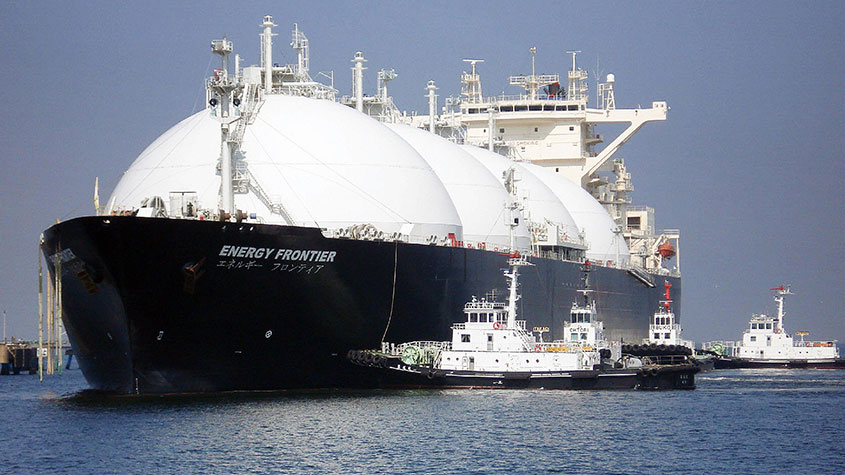 The best way to invest in natural gas
The best way to invest in natural gasTips David Stevenson looks at the best way to invest in natural gas as the demand for the commodity surges.
-
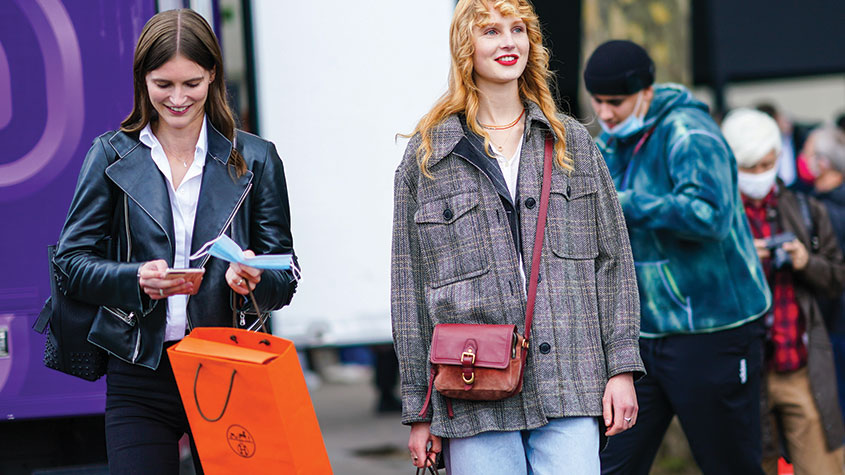 European stocks are ignored and cheap – but possibly not for long
European stocks are ignored and cheap – but possibly not for longNews European stocks are out of favour, with some analysts predicting their worst year since 2008. But the worst of the sell-off could be over, and European value shares in particular look appealing.
-
 Price of gas soars as Moscow turns off the taps
Price of gas soars as Moscow turns off the tapsNews As Russia cuts its gas exports to the EU, the price of natural gas continues to rise. Restricted supplies could see energy rationing and recession in Germany, Europe’s biggest economy.